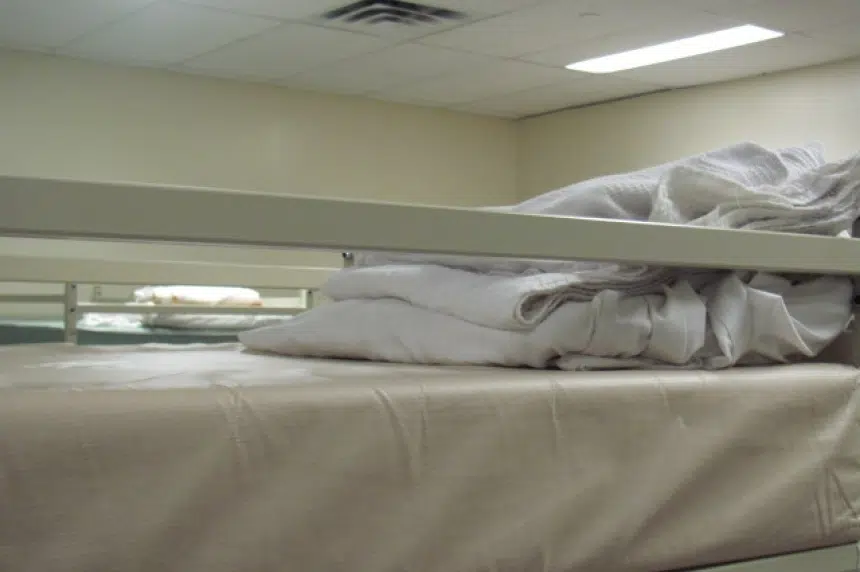Restoring direct payments for some Saskatchewan Income Support (SIS) clients is a step in the right direction, according to the CEO of the Saskatchewan Landlord Association, Cameron Choquette.
On Friday, the provincial government announced it would restore direct payments for things like rent, utilities and security deposits for those SIS clients who have complex needs and are at risk of homelessness.
This came after months of criticism from advocates saying that SIS was making it harder for clients to afford, find and hold onto housing. Previous programs included payments for things like rent and utilities directly to landlords and companies.
“We know that high-needs clients are in need of some extra support, and providing direct payment for rent and utilities is one way of reducing risk for landlords and increasing the housing stability for tenants,” said Choquette.
Choquette said the direct payments are something landlords have been fighting for for two years since the SIS program began.
He said they started seeing the effects of the SIS program right away when the pilot started two years ago.
“We saw more one- and two-off cases where there were tenants who were new to the program who had never been on income assistance before and were provided those funds directly, which is where we saw the first warning signs of SIS in terms of arrears, evictions and homelessness,” said Choquette.
And once the SIS program became permanent, and especially earlier this year when more and more people were being transitioned onto SIS, Choquette said they saw issues compound to the point where more people in the province are now homeless.
“With increased arrears and evictions comes increased homelessness because of the barriers to success for clients on the SIS program,” explained Choquette.
As a result, Choquette said landlords have become more wary of renting to people on SIS.
“They don’t have the ability to pay and the track record of SIS clients paying has been so abysmal as of late, which is why we’ve advocated for direct payment to ensure that housing (availability) is maintained for those clients in arrears,” said Choquette.
However, the change to direct payments announced Friday will help with some of the problems they’ve been seeing, according to Choquette.
Now, Choquette said they’ll work with the Ministry of Social Services to fix other issues the association sees with SIS, like getting security deposits being provided on an as-needed basis instead of every two years, and getting a centralized benefits centre that is more responsive to landlord and tenant issues.











